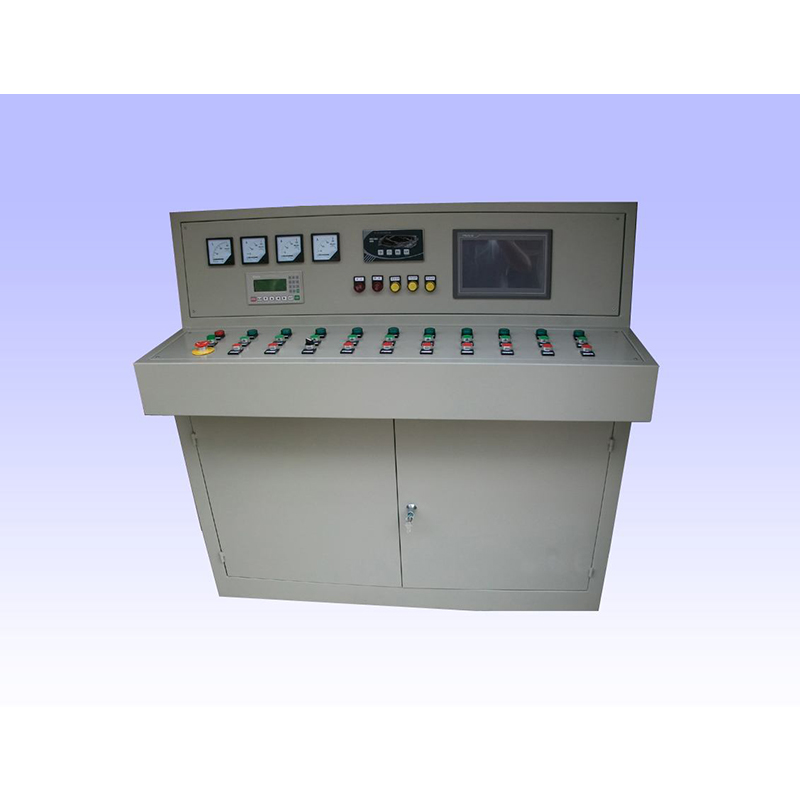
Nov . 06, 2024 18:03
Back to list
Understanding Natural Gas Pressure Regulators for Safe and Efficient Energy Use
Understanding Natural Gas Pressure Reducers
Natural gas is a vital energy source that fuels homes, industries, and power plants across the globe. However, the gas must be delivered at the correct pressure to ensure safe and efficient usage. This is where natural gas pressure reducers come into play. These devices are crucial in regulating the pressure of natural gas as it travels from high-pressure supply lines to end-users, ensuring that it is delivered at a safe and usable level.
What is a Natural Gas Pressure Reducer?
A natural gas pressure reducer, also known as a pressure regulator, is designed to control and maintain the pressure of natural gas. It reduces the high pressure from gas mains or storage tanks to a lower pressure that's safe for residential or commercial use. These regulators are typically installed in line with gas piping systems and play an essential role in maintaining the integrity and safety of gas flow.
How Does a Pressure Reducer Work?
The functionality of a pressure reducer can be understood through its basic components the inlet, outlet, diaphragm, and spring. When natural gas enters the regulator, it is at a high pressure. The pressure reducer utilizes a diaphragm that responds to the pressure changes. As the gas flows through the device, the diaphragm moves up or down in response to the varying pressures.
When the inlet pressure exceeds the set limit, the diaphragm pushes against a spring, which in turn closes a valve and reduces the flow of gas, thus lowering the pressure. Conversely, if the outlet pressure drops, the diaphragm moves in the opposite direction, allowing more gas to flow through. This constant adjustment ensures that the gas is delivered at a consistent pressure, providing safety and efficiency.
Importance of Pressure Regulation
natural gas pressure reducer

The regulation of natural gas pressure is critical for several reasons. First and foremost, it enhances safety. High-pressure gas can be dangerous, leading to leaks or explosions. By using a pressure reducer, the risk of accidents is considerably minimized. Additionally, consistent pressure ensures that gas appliances operate efficiently, leading to better energy consumption and lower utility bills. Appliances such as heaters, stoves, and water heaters are designed to function optimally at specific pressures, and improper levels can lead to poor performance or damage.
Types of Natural Gas Pressure Reducers
Natural gas pressure reducers come in several varieties, designed to meet the needs of different applications. Some common types include
1. Direct-operated regulators These are simple and efficient, often used in residential applications. They automatically adjust to variations in pressure and flow. 2. Pilot-operated regulators These function with a pilot system, providing more precise control over pressure levels. They are generally used in commercial settings where more significant fluctuations in demand occur.
3. Second-stage regulators These are used in applications requiring fine pressure adjustment, typically found in complex gas distribution systems.
Maintenance and Safety Considerations
Regular maintenance of natural gas pressure reducers is essential to ensure their longevity and proper functionality. Users should check for signs of wear, leaks, or blockages and ensure that the pressure settings are calibrated correctly. It's advisable to consult professionals for installation and maintenance to guarantee compliance with local safety regulations.
In conclusion, natural gas pressure reducers play a pivotal role in the safe and efficient delivery of gas to users. Understanding their operation and importance can help consumers appreciate the complex infrastructure that supports natural gas distribution and encourages best practices in its usage and maintenance. Whether for residential heating or industrial applications, the reliability of pressure regulation is foundational to the safe exploitation of natural gas as an energy resource.
Next:
Latest news
-
Safety Valve Spring-Loaded Design Overpressure ProtectionNewsJul.25,2025
-
Precision Voltage Regulator AC5 Accuracy Grade PerformanceNewsJul.25,2025
-
Natural Gas Pressure Regulating Skid Industrial Pipeline ApplicationsNewsJul.25,2025
-
Natural Gas Filter Stainless Steel Mesh Element DesignNewsJul.25,2025
-
Gas Pressure Regulator Valve Direct-Acting Spring-Loaded DesignNewsJul.25,2025
-
Decompression Equipment Multi-Stage Heat Exchange System DesignNewsJul.25,2025

